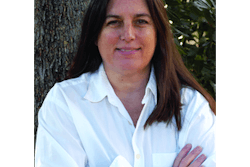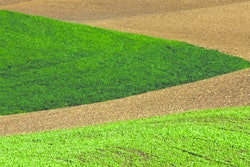José Graziano da Silva, director-general of the Food and Agriculture Organization of the United Nations, wrote an opinion piece for the Jakarta Post about how the quest for truly sustainable farming systems that can meet the world’s future food needs should take a closer look sustainable food production paradigm that is family farming.
The United Nations has named 2014 the International Year of Family Farming and it provides an occasion to highlight the role that family farmers play in eradicating hunger and conserving natural resources, central elements of the sustainable future we want. Support to family farming need not and should not be done in opposition to large-scale, specialized farming, which also plays an important role to ensure global food supply and which faces its own challenges, including the adoption of sustainable approaches.
But we have much to learn about sustainable practices from family farmers, a group that includes smallholders and medium scale farmers, peasants, indigenous peoples, traditional communities, fisher folk, pastoralists, collectors and many others.
Much of the world’s experience in sustainable farming systems has been gained by family-run farms. From generation to generation, family farmers have transmitted knowledge and skills, preserving and improving many practices and technologies that can support agricultural sustainability. Using innovative techniques such as building terraces and adopting zero-tillage practices, family farmers have consistently succeeded in maintaining production on often marginal lands.
The preservation and sustainable use of natural resources is rooted in the productive logic of family farms and sets them apart from large-scale specialized farming. The highly diversified nature of their agricultural activities gives them a central role in promoting environmental sustainability, safeguarding biodiversity and contributes to healthier and more balanced diets.
That is the mind-set we need to change. Family farmers are not part of the problem; on the contrary, they are part of the solution for food security and sustainable development.
But there is a limit to what family farmers can achieve on their own. Governments, international organizations, regional agencies, civil society organizations, the private sector and research institutions have a role to play in providing this support and creating the enabling environment they need to thrive.
To read more, click HERE.

















